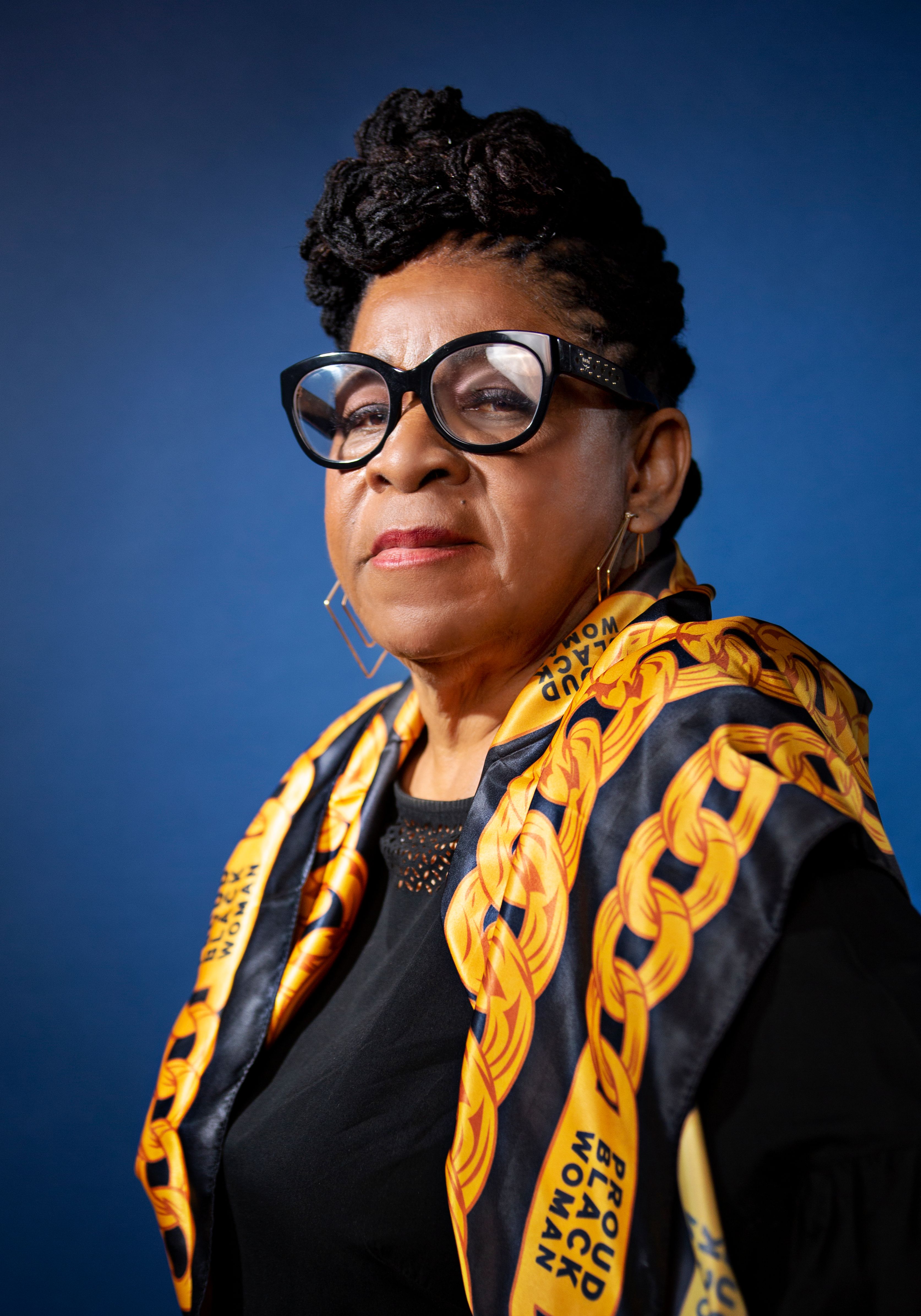What is Giving Compass?
We connect donors to learning resources and ways to support community-led solutions. Learn more about us.
Standing before a judge, Susan Burton was about to be sentenced for possession and use of drugs. At this point in her life, she knew she needed help. She bared her soul and told the court about the death of her five-year old son -- how that trauma led her to numb the pain of his loss. She begged to be sent to treatment rather than prison. However, once again, she was handcuffed and sent away.
According to a 2016 Vera Institute of Justice Study, women are the fastest growing incarcerated population. It notes that “they are disproportionately people of color, overwhelmingly poor and low-income, survivors of violence and trauma, and have high rates of physical and mental illness and substance use.”
After her sixth release from incarceration, Burton was able to access treatment services in an affluent area of Los Angeles. It was there she experienced compassion and support which led to self-awareness that the trauma experienced throughout her life led her to deaden this pain through alcohol and drugs.
During her recovery, she wondered why she had never been offered this opportunity before. Why was she sent to prison over and over when what she really needed was help?

Burton became determined to bring similar resources to low-income areas where she knew other women were routinely sent away in shackles rather than supported in recovery. It was then that A New Way of Life Reentry Project (ANWOL) was birthed in 1998.
Through a network of 11 safe homes with a 12th on the way, ANWOL will soon be able to house up to 99 women, along with their children, at any given time.
According to the California Legislative Analyst’s Office, in 2021-2022, it cost an average of about $106,000 per year to incarcerate a person in prison in California. At A New Way of Life, through our safe housing services, we are able to provide compassionate, effective resources for less than one-half the cost of incarceration.
Women are provided with pickups from jail or prison, transportation to appointments, referrals to community services/assistance, and advocacy to navigate those systems. They receive all the necessities for daily living, including healthy meals, clothing, and toiletries. They are provided with access to onsite 12-step recovery programs, family reunification services, personal/family counseling, job training, employment/educational opportunities, legal services, computer training, personal/leadership development, financial planning, communication-building workshops, and permanent housing -- all designed to facilitate self- sufficiency.
During their early residency and when they prepare to transition to permanent housing, women residents can access our household goods distribution center. Through a relationship with a major retailer, we receive donations of high-quality items. Residents can “shop” for everything from towels, sheets and comforters to baby blankets, toasters, lamps, space heaters, trashcans, dinnerware, silverware, pots, and pans. After their stay at ANWOL, many women are moving to permanent housing for the first time in their lives. The distribution center helps them acquire items needed to furnish their new homes.

Women separated from their children while incarcerated are further aided through our family integrity project. Our staff and legal team assist clients through every step of their journey to reunification. Our legal clinic increases access to employment for community members. Assisted by trained volunteers, our staff attorneys provide pro bono legal counsel and representation to help clients expunge criminal records, obtain occupational licenses, and access relief as authorized by California criminal justice reforms, such as Propositions 47 and 64.
Through the Sisterhood Alliance for Freedom and Equality (SAFE) Housing Network, ANWOL’s model is being taught, embraced, and implemented throughout the nation and in Africa. With education, leadership development, storytelling, civic engagement, and advocacy opportunities offered through the Women Organizing for Justice & Opportunity (WOJO) Leadership Lab, Testif-i, and All of Us or None-Southern California (AOUON-SC), we inspire and uplift formerly incarcerated individuals to speak out and advocate for the restoration of their civil rights.
Since our founding in 1998, more than 1,400 women and children have found safety and support in our safe homes. More than 400 women have been reunited with their children. A minimum of eight out of every 10 women served annually meet benchmarks identified as necessary to successfully reenter the community after periods of incarceration.
Since its inception in 2007, our legal department has successfully cleared pathways to employment through filing more than 10,800 post-conviction relief petitions. An average of over 80% of petitions have been approved.
As a result of our leadership-building activities, hundreds more have been empowered to speak in advocacy around issues that directly affect their lives.
Learn more about A New Way of Life Reentry Project.